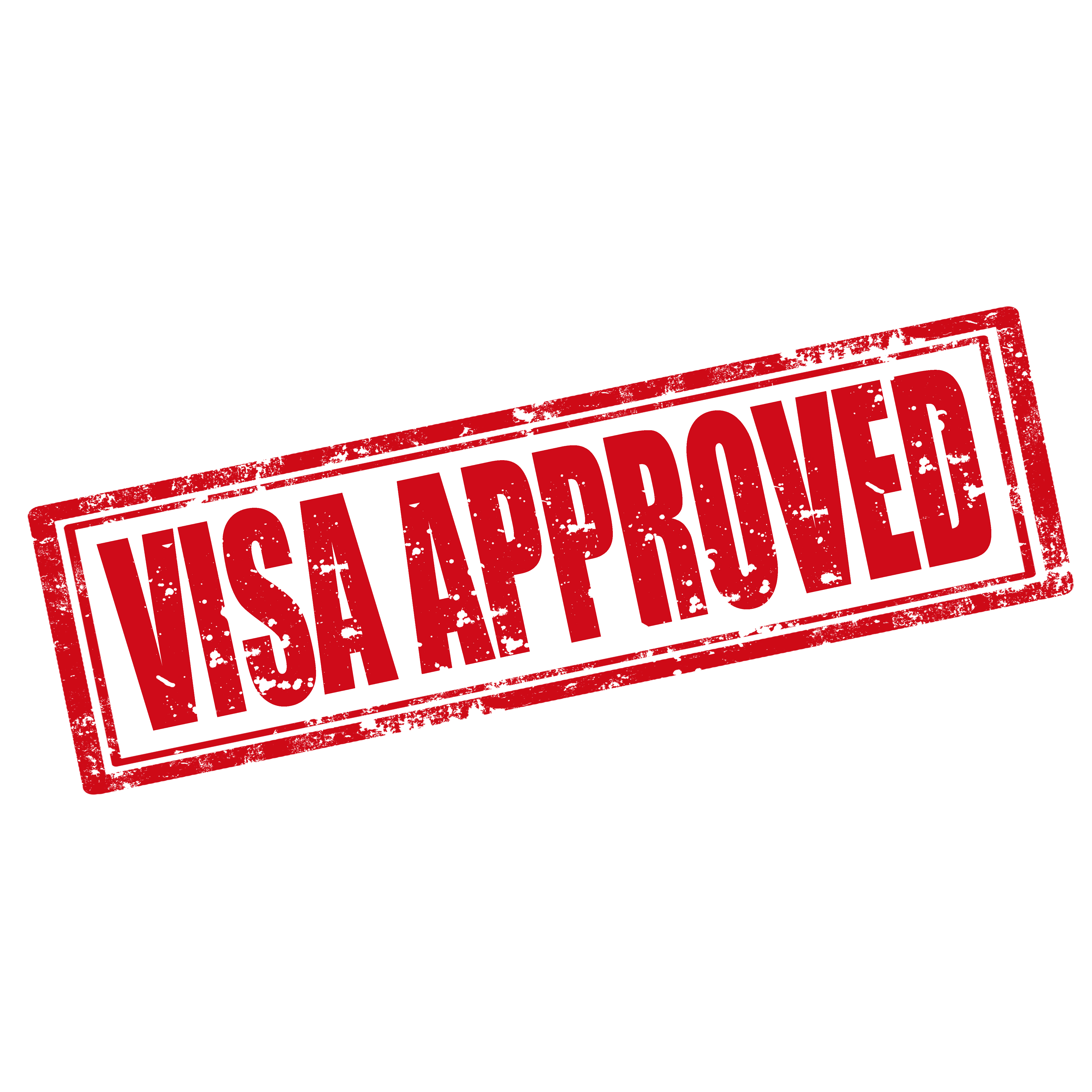 Every year, U.S. employers seeking highly skilled foreign professionals submit their applications for the pool of H-1B visas made available by U.S. Citizenship and Immigration Services (USCIS) on April 1. With a statutory limit of 65,000 visas available for new hires—and 20,000 additional visas for foreign professionals who graduate with a Master’s or Doctorate from a U.S. university—in recent years demand for H-1B visas has outstripped the supply and the cap has been quickly reached. This fact sheet provides an overview of the H-1B visa category and petition process, addresses the myths perpetuated around the H-1B visa category, and highlights the key contributions H-1B workers make to the U.S. economy.
Every year, U.S. employers seeking highly skilled foreign professionals submit their applications for the pool of H-1B visas made available by U.S. Citizenship and Immigration Services (USCIS) on April 1. With a statutory limit of 65,000 visas available for new hires—and 20,000 additional visas for foreign professionals who graduate with a Master’s or Doctorate from a U.S. university—in recent years demand for H-1B visas has outstripped the supply and the cap has been quickly reached. This fact sheet provides an overview of the H-1B visa category and petition process, addresses the myths perpetuated around the H-1B visa category, and highlights the key contributions H-1B workers make to the U.S. economy.
Overview of the H1B Visa Category and the Application Process
What is the H1B visa category?
- The H-1B visa category is for temporary (non-immigrant) employment for highly educated foreign professionals in “specialty occupations” that require at least a bachelor’s degree or the equivalent. Typically, a foreign worker may be admitted for a maximum of six years in the H-1B classification, with the U.S. employer initially petitioning USCIS for a validity period of up to three years.
- Before the employer can file a petition with USCIS, the employer must attest, on a labor condition application (LCA) certified by the Department of Labor (DOL), that employment of the H-1B worker will not adversely affect the wages and working conditions of similarly employed U.S. workers. Before filing the LCA with DOL, the employer must provide notice that an LCA is being filed to the appropriate bargaining representative, if any, or through electronic or physical postings for 10 days at the intended worksite(s). This gives U.S. workers notice that the employer intends to hire an H-1B worker and serves as an additional measure to protect current employees.
- Since 1990, Congress has limited the number of H-1B visas made available each year. The current statutory cap is 65,000 visas per year, with 20,000 additional visas for foreign professionals who graduate with a Master’s or Doctorate from a U.S. university. In recent years, the limit has been reached only a few days after the visas are made available.
What is the annual H-1B visa “lottery”?
Because the annual cap for H-1B visas does not meet the current demand for high-skilled workers, over the past several years, USCIS has received a greater number of petitions than there are visas available. USCIS then uses a random selection process to choose from the pool of applications received.
- When USCIS begins accepting H-1B petitions on April 1, it typically receives a greater number of applications than the cap allows. If the cap is hit during the first 5 business days, USCIS will conduct a lottery from all the petitions it received during those first 5 days.
- A computer-generated random selection process is used to select the petitions needed to meet the caps of 65,000 for the general category and 20,000 under the advanced degree “cap exemption.” USCIS first conducts the lottery for the 20,000 cap exemption category; those requests that are not selected are put back into the pool for the 65,000.
- In 6 of the last 10 fiscal years the H-1B visa cap has been reached in less than 90 days. USCIS announced on April 7, 2014, that it had filled the cap for Fiscal Year (FY) 2015. Within the first five business days, USCIS had received “a sufficient number of H-1B petitions to reach the statutory cap for fiscal year (FY) 2015,” and had also “received more than the limit of 20,000 H-1B petitions filed under the U.S. advanced degree exemption.”











